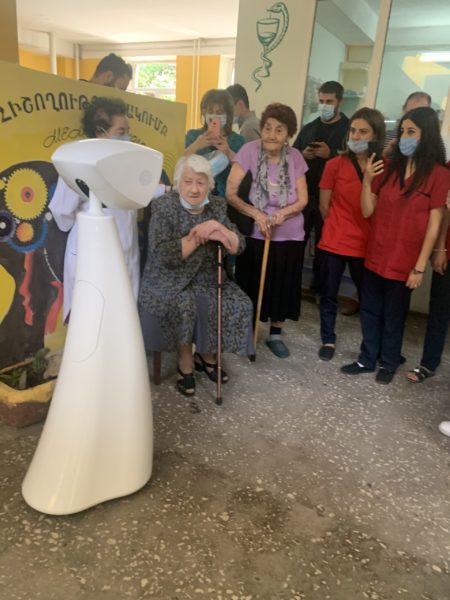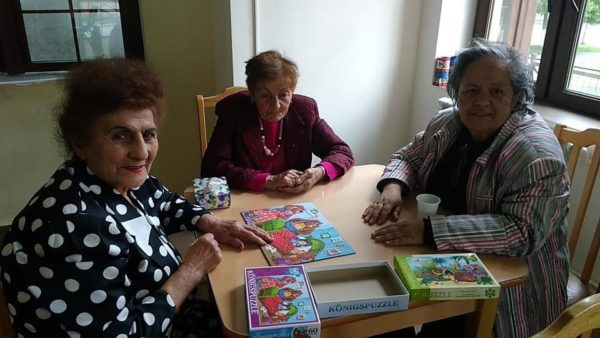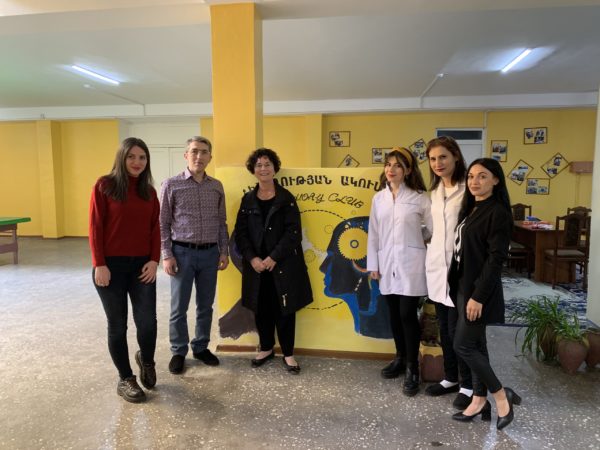LOS ANGELES and YEREVAN — My great-grandmother, a survivor of the Armenian genocide and the Great Repatriation to the Armenian SSR, was considered someone who had “lost her mind” during the last years of her life. Now, her condition, mostly unknown 50 years ago, would be diagnosed as dementia or Alzheimer’s disease making the life of hers and that of people who surrounded her much easier.
The stigma of having an illness and lack of education within Armenia creates obstacles in understanding and treating one of the fastest-developing diseases of the 21st century.
That was the prevailing situation when Jane Mahakian, a licensed mental health clinician, a gerontologist with more than 30 years of experience working with the adults suffering from dementia and Alzheimer’s disease in the US, decided to establish a non-profit organization in Armenia, called Alzheimer’s Care Armenia in 2017.
Mahakian successfully led a similar practice for many years in California with Aging Matters Inc., a full-service care management and consulting firm for people who have a loved one with dementia.
In 2004 Jane met with physicians in Armenia and realized that there are a lot of “gaps in care.” “There were no ideas about dementia, there were no programs, there was nothing!” remembers Mahakian. Even before that she stayed in Armenia for nine months in 1982 and studied psychology. “My love for my homeland started when I was very young. I wanted to be in Armenia, I wanted to feel Armenian. Because I grew up in Palos Verdes, where there were no Armenians, I was seeking and searching for my culture, my identity,” she explained.
Years later, together with a leading dementia community in the US, the Silverado Memory Care, she cosponsored an Alzheimer’s conference at the Yerevan State Medical University in Armenia. Among the 424 attendants were healthcare professionals and families with patients suffering from the disease. Because of that conference things just “blew up” by raising awareness about aging, dementia and Alzheimer’s disease in the country. Three years later Jane Mahakian thinks that we are still “touching the surface.”













